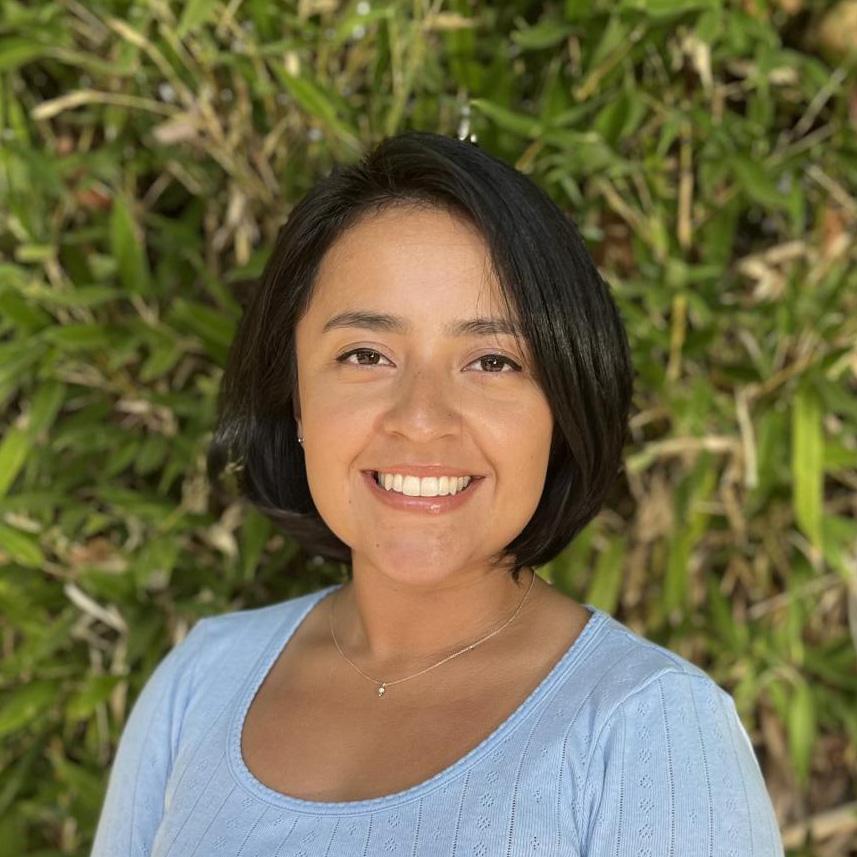Denise Walker
Denise Walker, MS
Associate Environmental Scientist
Resilient Landscapes Program
Carbon, Ecosystems & Climate
Delta Science & Management
Denise joined SFEI’S Resilient Landscapes program as an Associate Environmental Scientist in 2022. She earned her Master of Science in Environmental Policy and Management from the University of California, Davis. During graduate school, she worked with the Bureau of Land Management in conjunction with the US Geological Survey to understand current BLM practices for analyzing cumulative effects in environmental assessments. Additionally, she worked with the California Department of Fish and Wildlife at their Biogeographic Data Branch, interpreting and evaluating raw data of rare animals and plants in the California Natural Diversity Database. Before graduate school, Denise worked on various ecological restoration projects and wildlife surveys throughout the Bay area with Save the Bay and the National Park Service.
Related Projects, News, and Events
 State of Our Estuary (Project)
State of Our Estuary (Project)
The State of Our Estuary (formerly the State of the Estuary Report) evaluates the status and trends of a suite of indicators selected to represent ecosystem health in the San Francisco Bay and Sacramento-San Joaquin River Delta (the Estuary).
 Sediment Solutions (Project)
Sediment Solutions (Project)
Sediment Solutions is a timely and innovative project that builds on SFEI’s past work, operationalizing cutting-edge science to inform management approaches that take advantage of natural processes to provide more creek sediment to baylands, increase climate resilience, and enhance creek health. With study areas in North Bay, East Bay, and South Bay, the project will provide new guidance for management strategies that support flood risk management and ecosystem health benefits throughout the region.
 Delta Wetlands and Resilience: Blue Carbon and Marsh Accretion (Project)
Delta Wetlands and Resilience: Blue Carbon and Marsh Accretion (Project)
Restoring wetlands in the Sacramento-San Joaquin Delta (Delta) can mitigate subsidence, sequester carbon, reduce GHG emissions, and provide habitat for wetland dependent species. These benefits–their magnitude, scope, and resilience to future sea level rise–depend on the type and siting of new wetlands; rates of carbon accumulation, GHG emissions, and vertical accretion; and opportunities for wetlands to migrate upslope.
 Suisun Landscapes (Project)
Suisun Landscapes (Project)
The largest brackish marsh on the West Coast, Suisun Marsh is a unique transitional landscape between San Francisco Bay and the Sacramento-San Joaquin Delta. The Marsh supports high ecological diversity and has long been managed for recreational hunting and native species support, yet it is threatened by an uncertain future under climate change. Effective adaptation in Suisun will require coordinated, science-based planning by agencies and private landowners.
 Managing Open Space in Support of Net Zero (Project)
Managing Open Space in Support of Net Zero (Project)
Protecting carbon stocks and increasing carbon sequestration can support climate change mitigation and maintain healthy, resilient ecosystems. To support SFPUC managers in making informed carbon management decisions, the Alameda Watershed Carbon Assessment offers scientific guidance on the watershed’s current and potential performance as a natural climate solution. This assessment was framed by two main objectives: to quantify current carbon stocks in the Alameda Watershed, and to evaluate opportunities to enhance carbon sequestration in its vegetation and soils.
 Blue Carbon Science to Support Climate Action (Project)
Blue Carbon Science to Support Climate Action (Project)
Working with other scientists, agency staff, and regional and state-level managers and planners, we are building alignment and capacity for blue carbon quantification through science synthesis, outreach, and mapping.

